Italian Foreign Minister Antonio Tajani says trade with China has not improved as expected since Rome joined the Belt and Road initiative.
"European countries that are not part of the Belt and Road Initiative (BRI) are doing better than us. So Italy will decide whether to continue participating in the initiative or not. In parliament, many parties are against this," Foreign Minister Antonio Tajani said at the Ambrosetti economic forum on September 2, before leaving for a three-day visit to China.
Italy joined BRI in 2019 under the previous government , becoming the first G7 country to cooperate under President Xi Jinping's ambitious infrastructure framework, despite opposition from the US.
However, Mr. Tajani, who also holds the position of Deputy Prime Minister , admitted that "the Silk Road has not brought the results we expected." "Bilateral trade has not improved as expected since we joined the BRI four years ago," he said.
Rome is unlikely to renew its deal with China when it is set to expire in March 2024, but will not formally withdraw from the agreement until December.
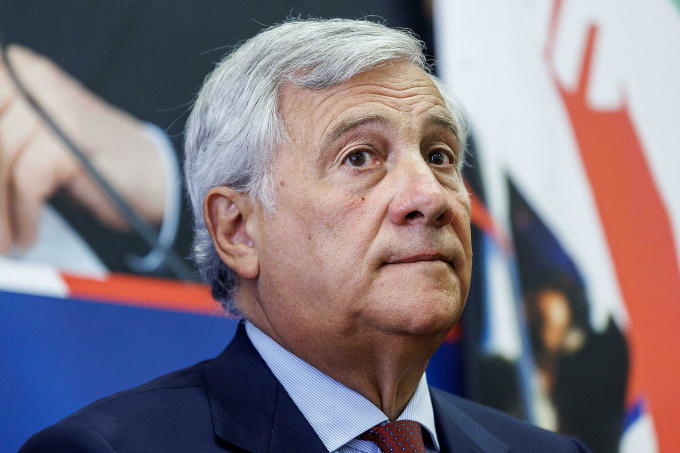
Foreign Minister Antonio Tajani in Rome, Italy on September 1. Photo: Reuters
On July 30, Italian Defense Minister Guido Crosetto said in an interview with local newspaper Corriere della Sera that Rome had made a “haphazard and bad” decision to join the BRI. He said the deal did little to boost Italian exports to China, while exports in the opposite direction soared.
"The problem now is how to withdraw from BRI without damaging the relationship with Beijing. Because China is our competitor but also our partner," Crosetto said.
Italian Prime Minister Giorgia Meloni also said that joining BRI was a "big mistake" by the previous government and over the past year her administration has been looking to withdraw from the agreement.
China then sent a senior diplomat to Italy to convince it to extend the agreement, claiming that Rome was “correct” to join the BRI. The Chinese Foreign Ministry also dismissed reports of Italy leaving the BRI as “malicious exaggeration” aimed at disrupting cooperation and driving a wedge between the two countries.
Thanh Tam (According to Reuters, CNBC )
Source link




![[Photo] Binh Trieu 1 Bridge has been completed, raised by 1.1m, and will open to traffic at the end of November.](https://vphoto.vietnam.vn/thumb/1200x675/vietnam/resource/IMAGE/2025/10/2/a6549e2a3b5848a1ba76a1ded6141fae)










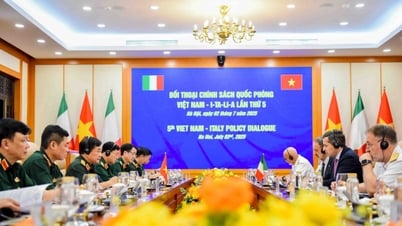

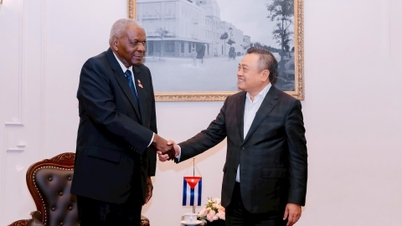



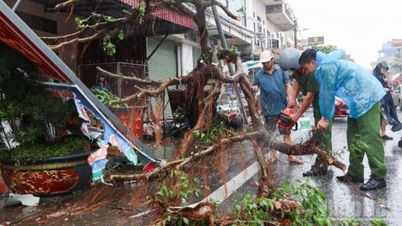

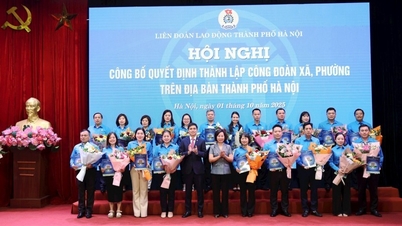






















































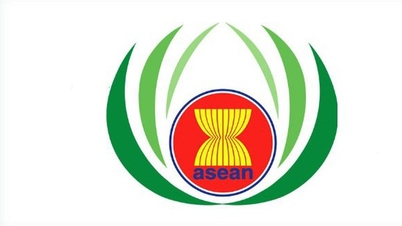



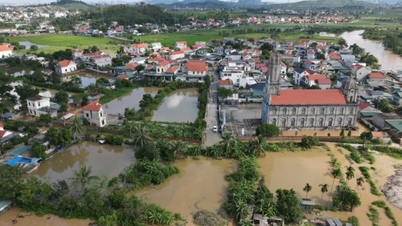

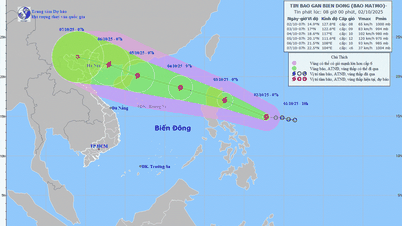
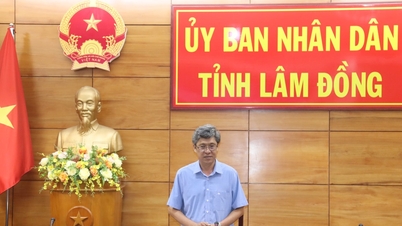



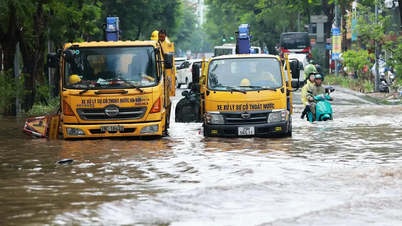














Comment (0)